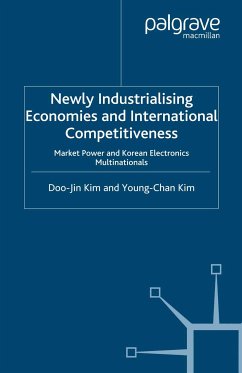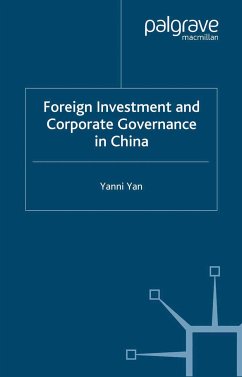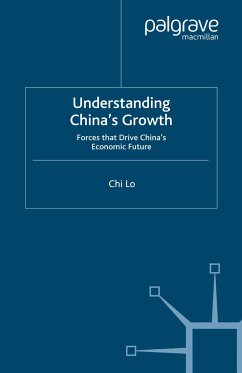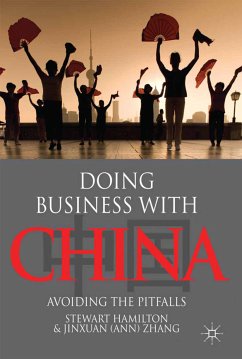
Newly Industrialising Economies and International Competitiveness (eBook, PDF)
Market Power and Korean Electronics Multinationals
Versandkostenfrei!
Sofort per Download lieferbar
72,95 €
inkl. MwSt.
Weitere Ausgaben:

PAYBACK Punkte
36 °P sammeln!
The advent of the international trade regime has compelled many East Asian governments to retreat from strategic trade policy. This book examines how, and to what extent, the nature of industry and international trade regimes, including EU trade policies, have impacted on their market power and transformed Korean state-corporate power relations.
Dieser Download kann aus rechtlichen Gründen nur mit Rechnungsadresse in A, B, BG, CY, CZ, D, DK, EW, E, FIN, F, GR, HR, H, IRL, I, LT, L, LR, M, NL, PL, P, R, S, SLO, SK ausgeliefert werden.












